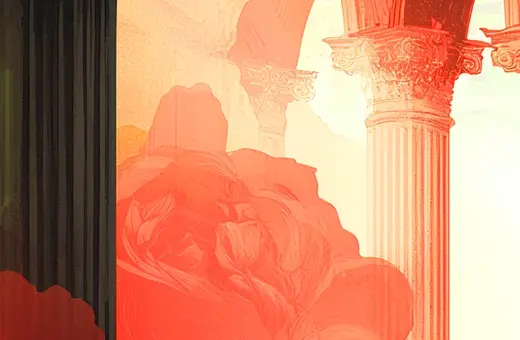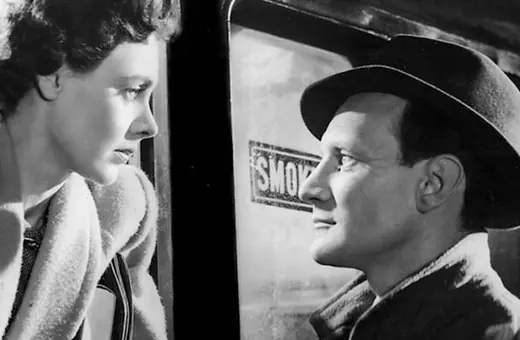In one of Anthony Trollope's late romantic novels, The Duke's Children, the Duke of Omnium finds that both his children seek to marry for love. For 800 pages he seeks to frustrate them. “What am I to say, Sir?” asks his son, the Earl of Silverbridge, in despair. “I love the girl better than my life. What is a man to do when he feels like that?” Lady Mary Palliser tells her father that she loves Frank Tregear, a man without rank or money, more than anyone else in the world. “Then you must conquer your love!” the Duke replies. “It is disgraceful and it must be conquered!” But can it be?
Love, WH Auden pointed out about Romeo & Juliet, is at its most powerful when it is frustrated. But even at its most powerful, can love bear the burden that the 20th and 21st centuries have placed on it – the burden of delivering the highest levels of human happiness?
Even cultures most distrustful of love, countries like India where arranged marriage is still prevalent, have more recently succumbed to the perfume of romance. Bollywood now outdoes Hollywood for rampant passion. In Trollope’s words: “he felt as he looked at her that the only thing in the world worth living for, was to have her for his own”.
One might think that the soaring divorce rates in the UK and US would dampen enthusiasm and belief in that sort of passion. On the problems that unbridled passion brings, Mr Boncassen is surely right in The Duke’s Children when he observes that love may lead to great misfortune. “Young people when they love rarely think of more than the present moment. If they did, the bloom would be gone from their romance. But others have to do this for them.”
Many Victorian novelists wrestled with the tortuous question: is passion or fidelity the higher virtue in marriage? They set out with great candour the disaster to which passion may lead. This, surely, was the moral Tolstoy intended Anna Karenina to yield in the world’s most perfect novel on intelligent love. Yet alongside the Victorian novel stood the less intelligent Victorian poem, which preached to willing millions a simple trust in slush and the truth of the throbbing breast. It resulted in Rupert Brooke's The Old Vicarage and the triumph of sentiment over tea at three in Grantchester (“Stands the Church clock at ten to three? / And is there honey still for tea?”).
In poetry and the novel, the 20th and 21st centuries have been more hard-headed, but comics and films have continued to swoon over undying romance. "In the next moment she was close in his arms with his lips pressed to hers. ‘Love you! Oh, my darling! You have come across my life, and have swallowed me up, and made me all your own.’” These are lines as readily written in Hollywood in 2014 as in Trollope in 1879.
Where has this trust in love come from? The Cambridge philosopher Simon May points to the loss of God from human consciousness and the elevation of human love as the only available substitute.
Because love of the divine is no longer the passion of multitudes of the faithful, secular love has taken over. But can secular love deliver for millions? That remains to be seen.





















Join the conversation